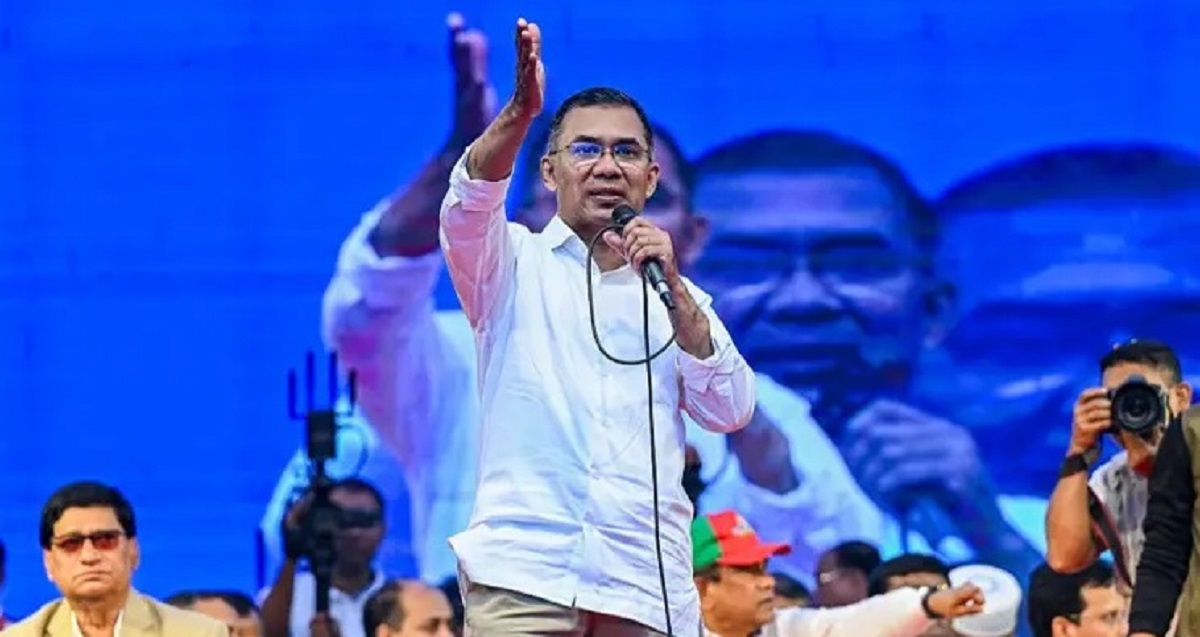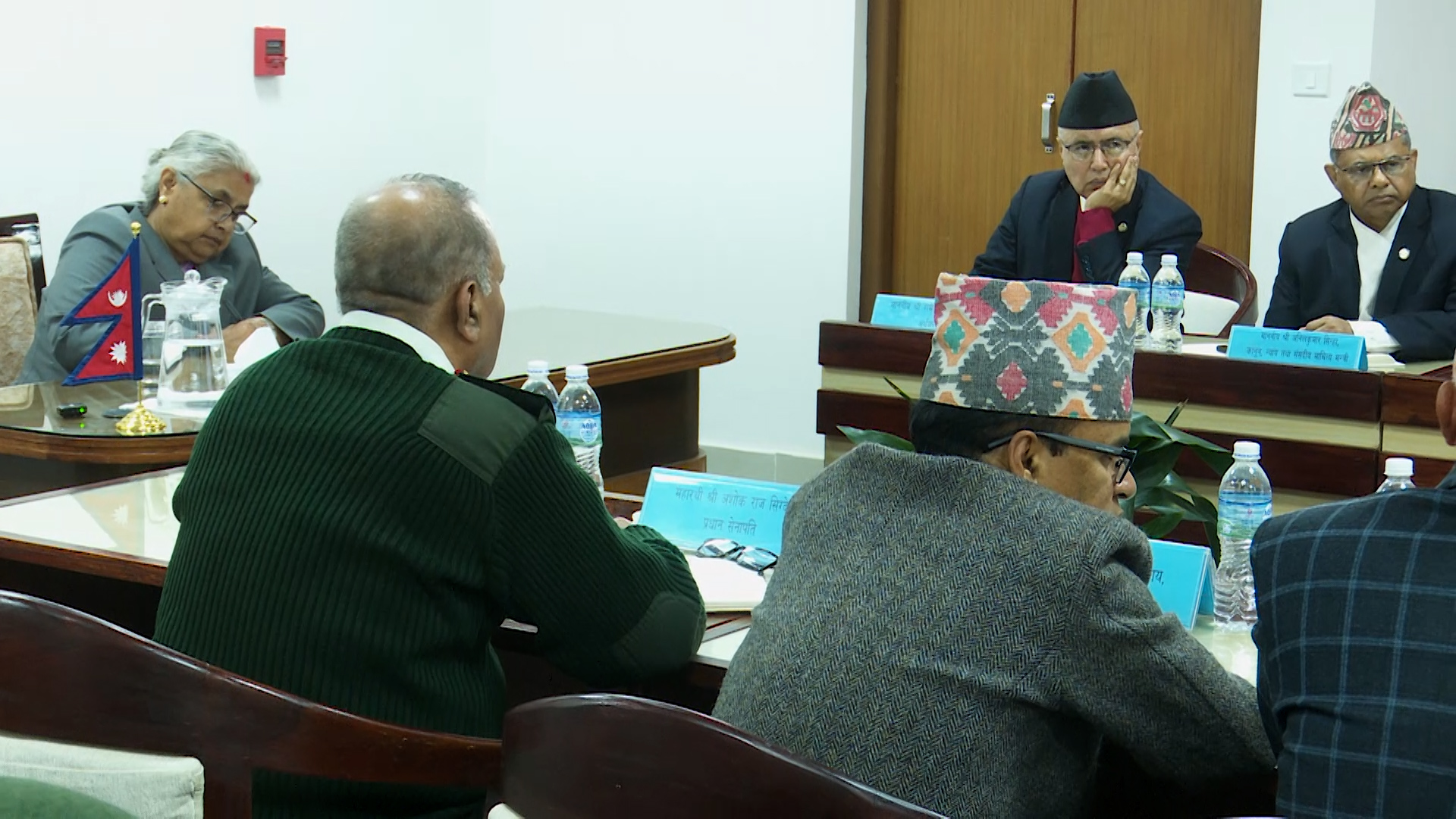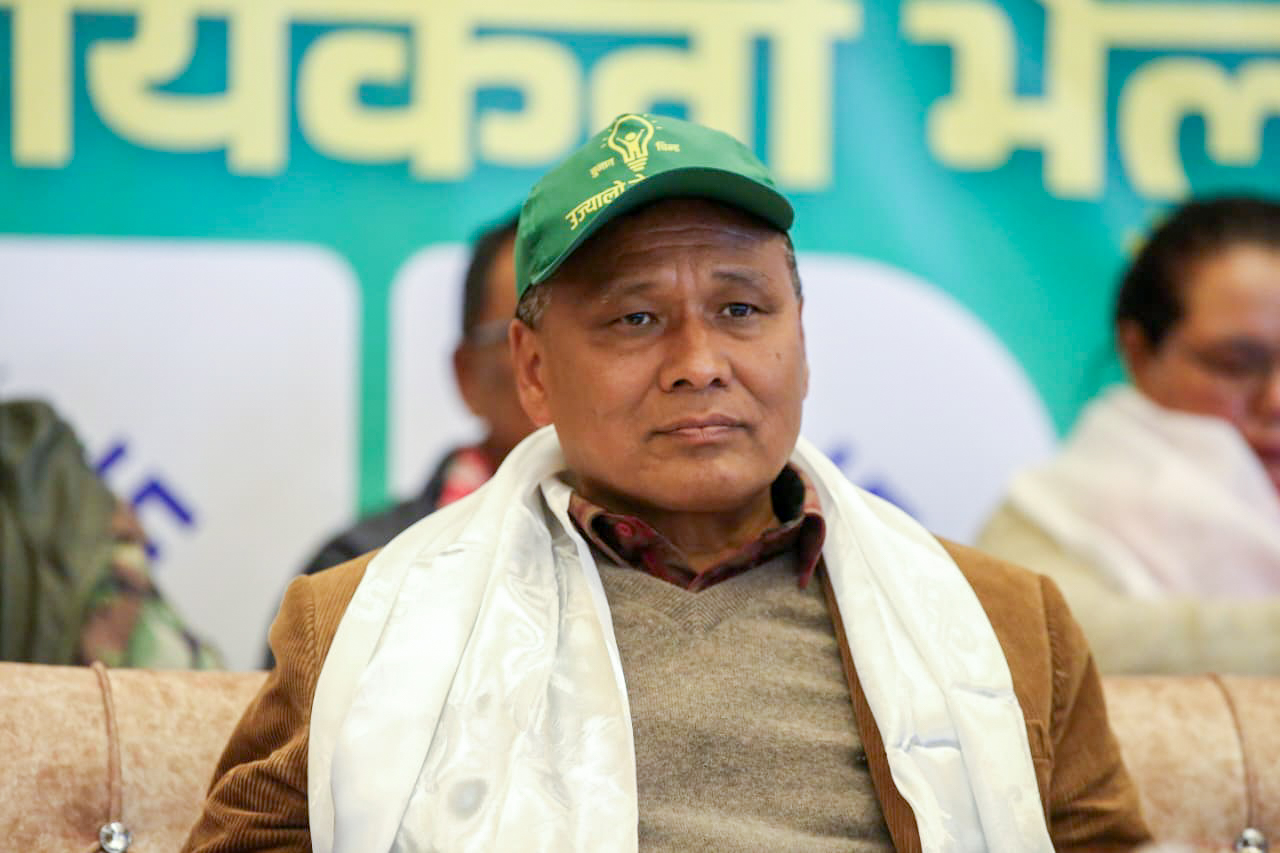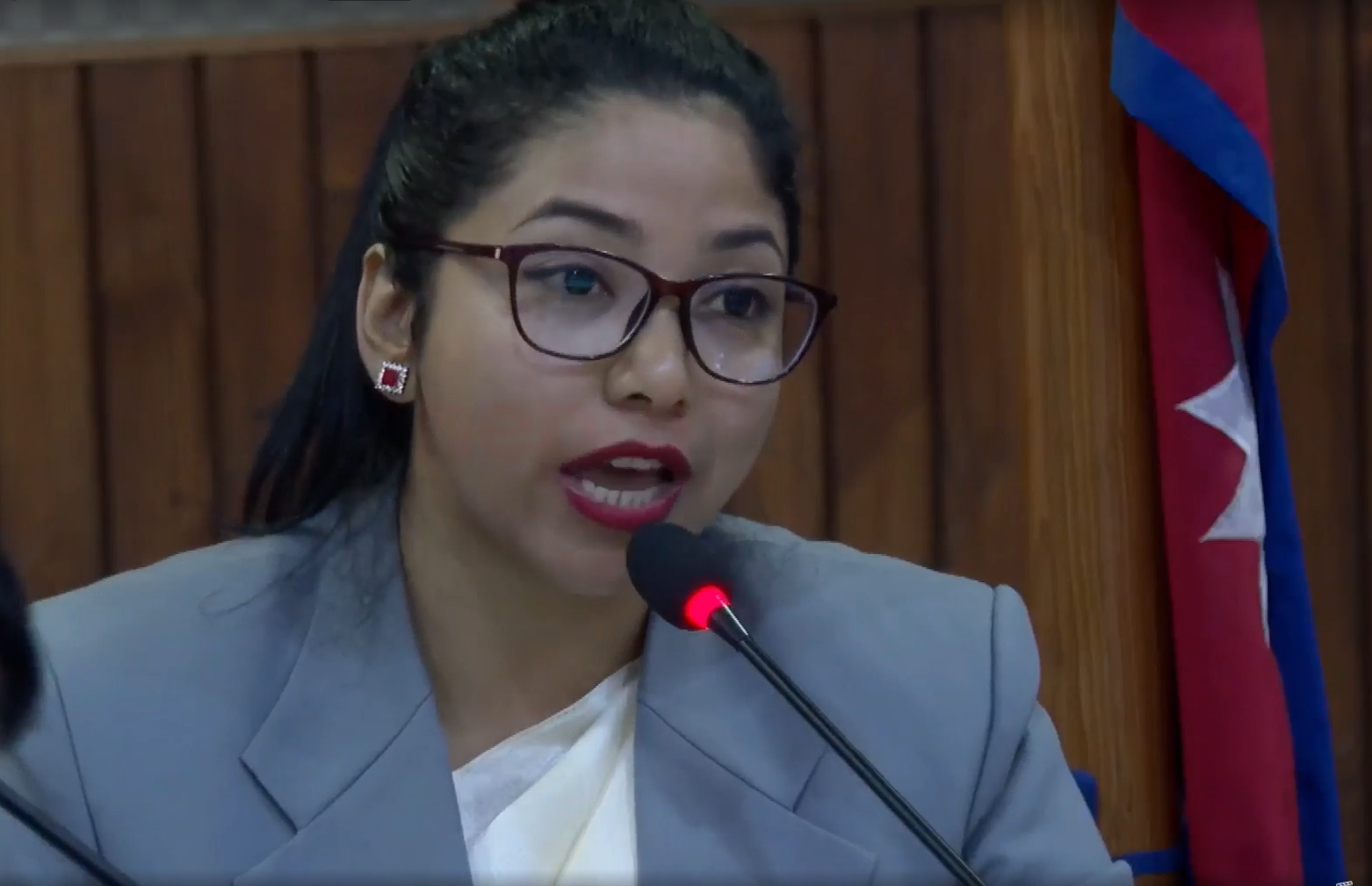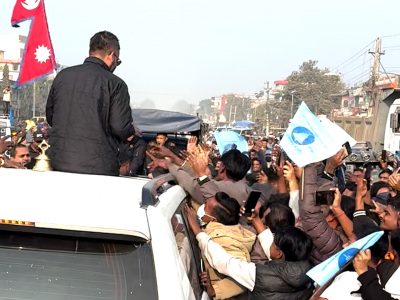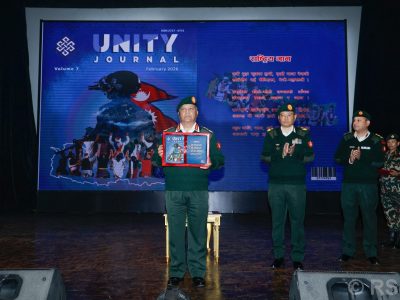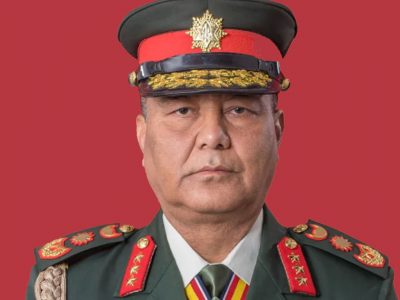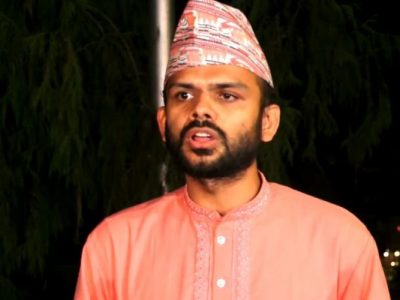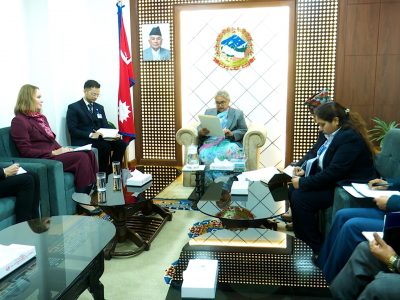Ambassadors as Political Tokens, Not National Representatives
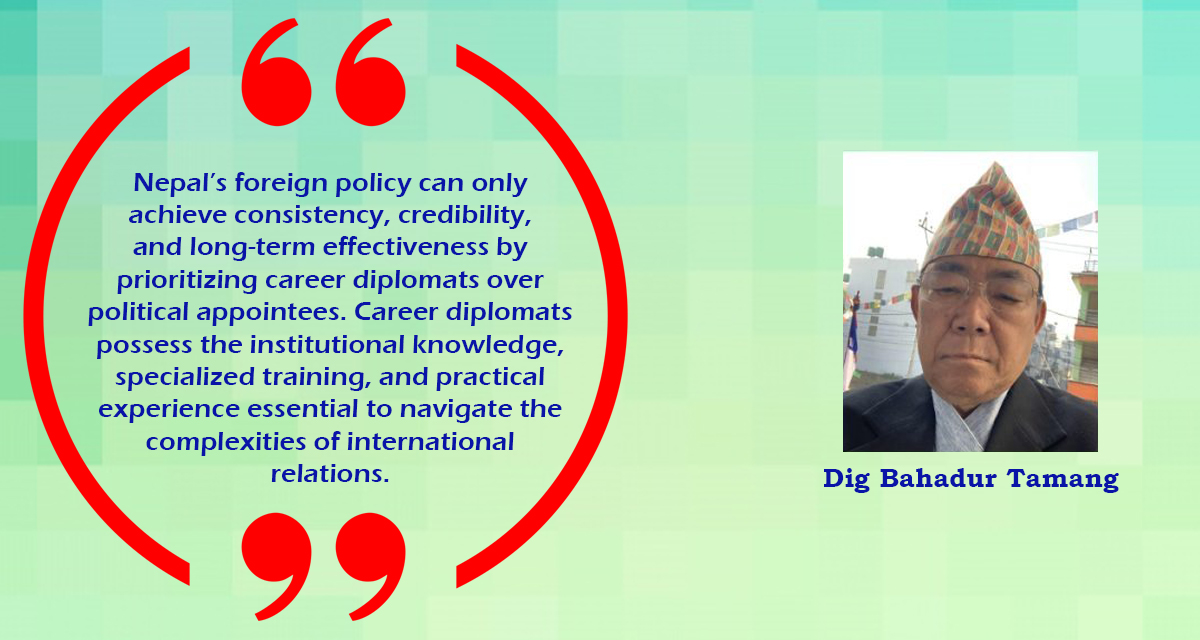
The fundamental role of an ambassador is to embody the nation’s interests impartially on the global stage. Yet, in practice, many ambassadors are appointed as loyalists to political patrons rather than as qualified diplomats committed to advancing Nepal’s foreign policy objectives.
This conflation of party allegiance with diplomatic representation erodes the professionalism required in international relations. Ambassadors beholden primarily to partisan agendas are less likely to engage in the nuanced, long-term strategizing that national diplomacy demands. The present interim government of Nepal recently recalled 11 ambassadors who had been appointed by the previous Oli government. Such mass recalls impose a significant economic burden on the country, as diplomatic missions require substantial resources for transitions and reappointments. More importantly, this practice undermines diplomatic continuity and weakens Nepal’s credibility in host countries. Frequent disruptions convey instability and hinder the development of strong bilateral relationships, ultimately compromising Nepal’s ability to effectively represent its national interests abroad.
Deficiencies in Diplomatic Professionalism and Protocol
Inadequate mastery of diplomatic protocol and linguistic competency among appointees further exacerbates Nepal’s diplomatic shortcomings. Diplomacy is as much about subtle communication and cultural literacy as it is about formal negotiations. Without rigorous and ongoing training, ambassadors and staff alike fail to project Nepal’s stature or effectively navigate the complex rituals of international diplomacy.
Throughout my tenure, I have observed how such deficits can embarrass and isolate Nepalese missions abroad, diminishing our country’s influence and hampering meaningful engagement.
Structural and Institutional Challenges
Several interrelated factors contribute to Nepal’s diplomatic dysfunction:
• Political Interference: The constant reshuffling of diplomatic personnel tied to political cycles inhibits the development of a consistent and coherent foreign policy.
• Nepotism and Patronage: Appointments driven by favoritism rather than expertise weaken the Foreign Service’s institutional capacity.
• Inadequate Training and Capacity Building: The absence of systematic professional development limits strategic thinking and operational effectiveness.
• Cultural Myopia: A failure to embrace Nepal’s rich diversity in diplomatic representation undermines inclusive engagement and soft power projection.
Strategic Recommendations for Reform
1. Institutionalize Merit-Based Diplomatic Appointments: Rigorous criteria encompassing professional experience, policy knowledge, linguistic skills, and cultural competence must govern ambassadorial selection.
2. Enhance Parliamentary Oversight: Establish transparent mechanisms for vetting appointments and monitoring ambassadorial performance, embedding accountability within the Foreign Service system.
3. Implement Continuous Professional Development: Mandatory, comprehensive training programs on diplomacy, international law, cross-cultural communication, and emerging global issues should precede and accompany diplomatic postings.
4. Harness Cultural Diplomacy: Leveraging Nepal’s unique cultural heritage, including its status as the birthplace of Buddha, to foster deeper international goodwill and cultivate soft power.
5. Promote Inclusivity in Representation: Ensuring that diplomatic missions reflect Nepal’s ethnic, religious, and cultural pluralism to project a genuine and unified national identity.
Conclusion: Reclaiming Diplomacy as a Profession, Not a Political Prize
Diplomacy transcends mere symbolism; it is the articulation of a nation’s values, interests, and aspirations on the global stage. For Nepal to emerge as a respected actor internationally, it must disentangle its foreign service from the entanglements of partisan politics and embed professionalism as its cornerstone.
Only by empowering seasoned, well-trained diplomats—committed to the nation above factions—can Nepal build a resilient, coherent foreign policy capable of navigating the complexities of 21st-century geopolitics. Until such reforms are realized, Nepal’s diplomacy risks remaining a game of political patronage, undermining the very interests it seeks to promote.
Prioritizing Career Diplomats Over Political Appointees: A Strategic Imperative
Nepal’s foreign policy can only achieve consistency, credibility, and long-term effectiveness by prioritizing career diplomats over political appointees. Career diplomats possess the institutional knowledge, specialized training, and practical experience essential to navigate the complexities of international relations. Their nuanced understanding of diplomatic protocol, language proficiency, and strategic negotiation skills cannot be substituted by political loyalty or transient affiliations. Political appointments often bring short-term gains for ruling parties but ultimately disrupt policy continuity, weaken institutional memory, and impair Nepal’s ability to project a coherent voice on the global stage. To safeguard national interests and build a professional, resilient foreign service, Nepal must institutionalize merit-based appointments that elevate seasoned diplomats as the primary stewards of its international relations.
About the Author:
Dig Bahadur Tamang served at the Nepalese Embassy in Washington, DC USA from 1981 to 2019 with veterans’ diplomats from Foreign Ministry of Nepal and under 12 distinguished Ambassadors for 38 years, predominantly at the Embassy in Washington D.C., contributing extensively to Nepal’s diplomatic efforts with firsthand experience of the challenges and opportunities within the system.
Facebook Comment
latest Video
Trending News
- This Week
- This Month


